Start
01/06/2023
End
01/06/2028
Status
In progress
ERC | GREEN SPECIES - Robust control of the space debris population to define optimal policies and an economic revenue model for sustainable development of space activities
Start
01/06/2023
End
01/06/2028
Status
In progress
ERC | GREEN SPECIES - Robust control of the space debris population to define optimal policies and an economic revenue model for sustainable development of space activities
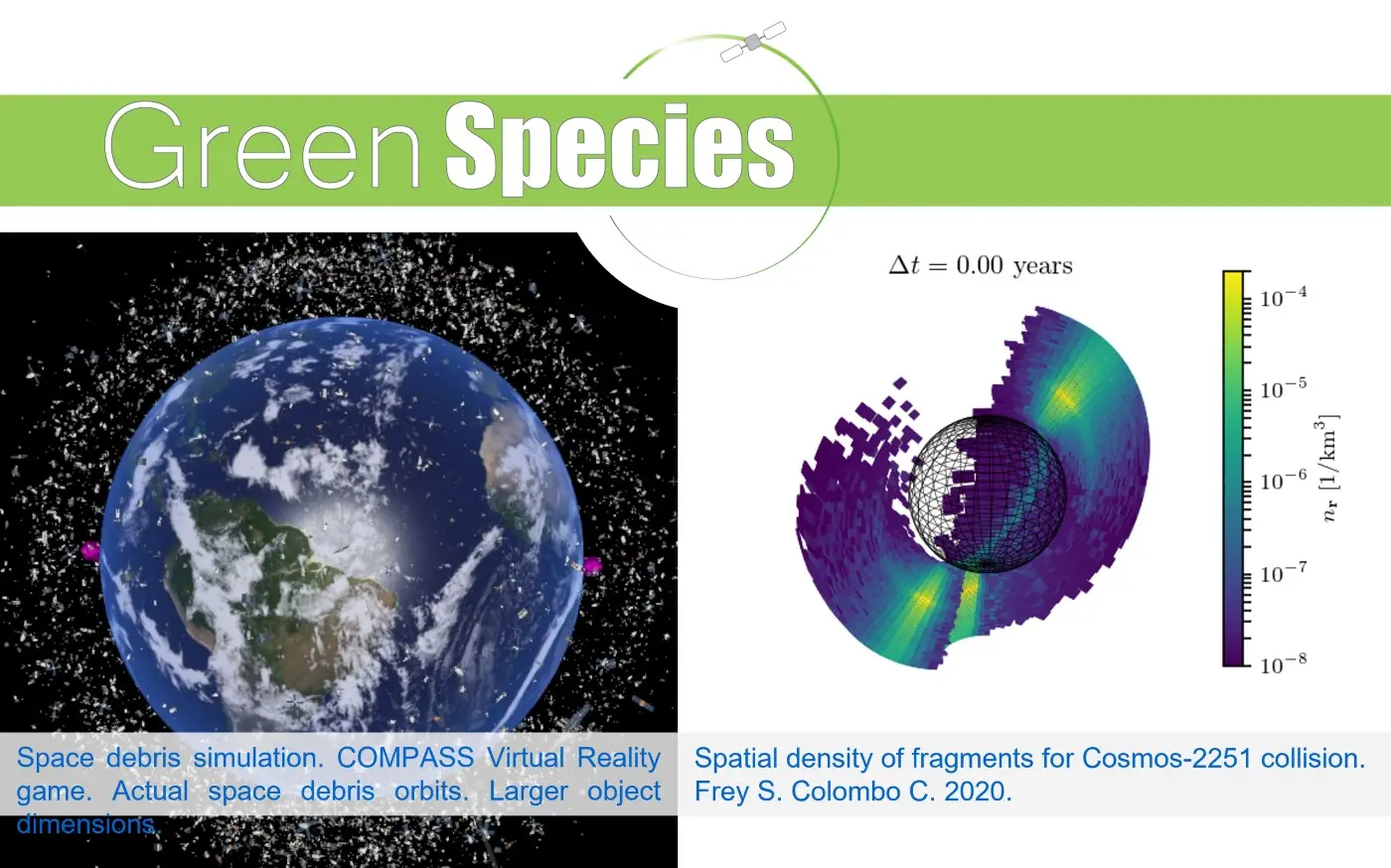
Project description
Economic model for sustainable space, safeguarding our cosmic commons
Our dependence on satellites for communication and observation has led to an increase in space debris, threatening future space missions. The exponential growth of this debris jeopardises the sustainability of space activities, with collisions posing a significant risk. Recognised by global organisations, urgent action is required to mitigate this danger and ensure the future use of space. In this context, the ERC-funded GREEN SPECIES project aims to develop a solution by modelling space debris and implementing a management system to safeguard our cosmic environment. It also pioneers a time-delayed controller to manage debris, transforming ideal feedback actions into policies, akin to climate management strategies.
Objective
Space assets offer services of social and economic benefit for the humankind and enable monitoring the condition of our planet. As recognised by the UN and space agencies, space missions for Earth observation, geolocation, telecommunication, science, and technology contribute to the achievement of the Sustainable Development Goals. As our lives become more and more interconnected thanks to satellites and space is more easily accessible, Space can be seen as the extension of our planet biosphere. As such, long-term sustainability of space activities will be possible only if a change of behaviour is put in place by space faring nations. The growth of space debris is following an exponential trend, which is typical of many other environmental stressors of Earth system trends. Immediate actions are needed to mitigate the increasing risk of collisions and enable the future use of Space as a common. In GREEN SPECIES project I will devise a new interdisciplinary framework for the modelling of the space debris population, and the forecast of its evolution. A probabilistic space debris model will be devised for the overall space debris environment. All uncertainties of physical, economic, and political nature will be modelled, and the forecast of future launch traffic and compliance to guidelines included via economic approaches and evidence theory. As unique feature, the project will incorporate the management of the debris environment through a robust time-delayed controller, applied to the space debris model, described as a complex dynamical system. Ideal feedback control actions will be transformed into policies and guidelines, via quantitative indicators, assessing both the environmental impact and the social and economic benefit of space missions. Policies will act as the actuator of a real controlled system. GREEN SPECIES will propose the first economic model for a revenue system for Sustainable Space by leveraging approaches from the management of the global climate.
Research labs
COMPASS - Control for Orbit Manoeuvring through orbit Perturbation for Application to Space Sustainability
Find out more
Magazine articles
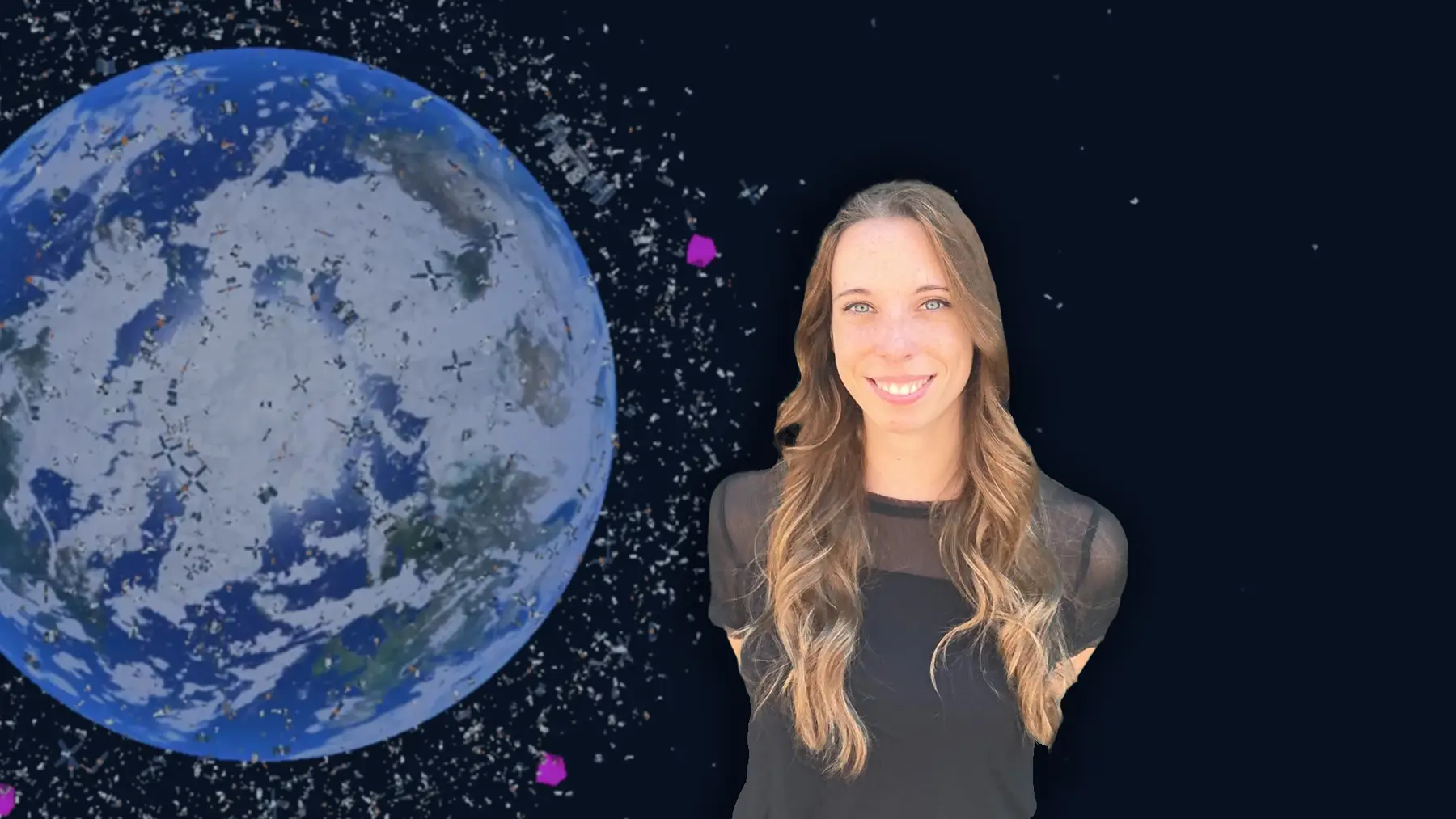
MARTINA RUSCONI AWARDED 2025 AMELIA EARHART FELLOWSHIP
29/05/2025

DECENTRALISED DECISION MAKING FOR MULTI-AGENT SYSTEM
17/12/2024
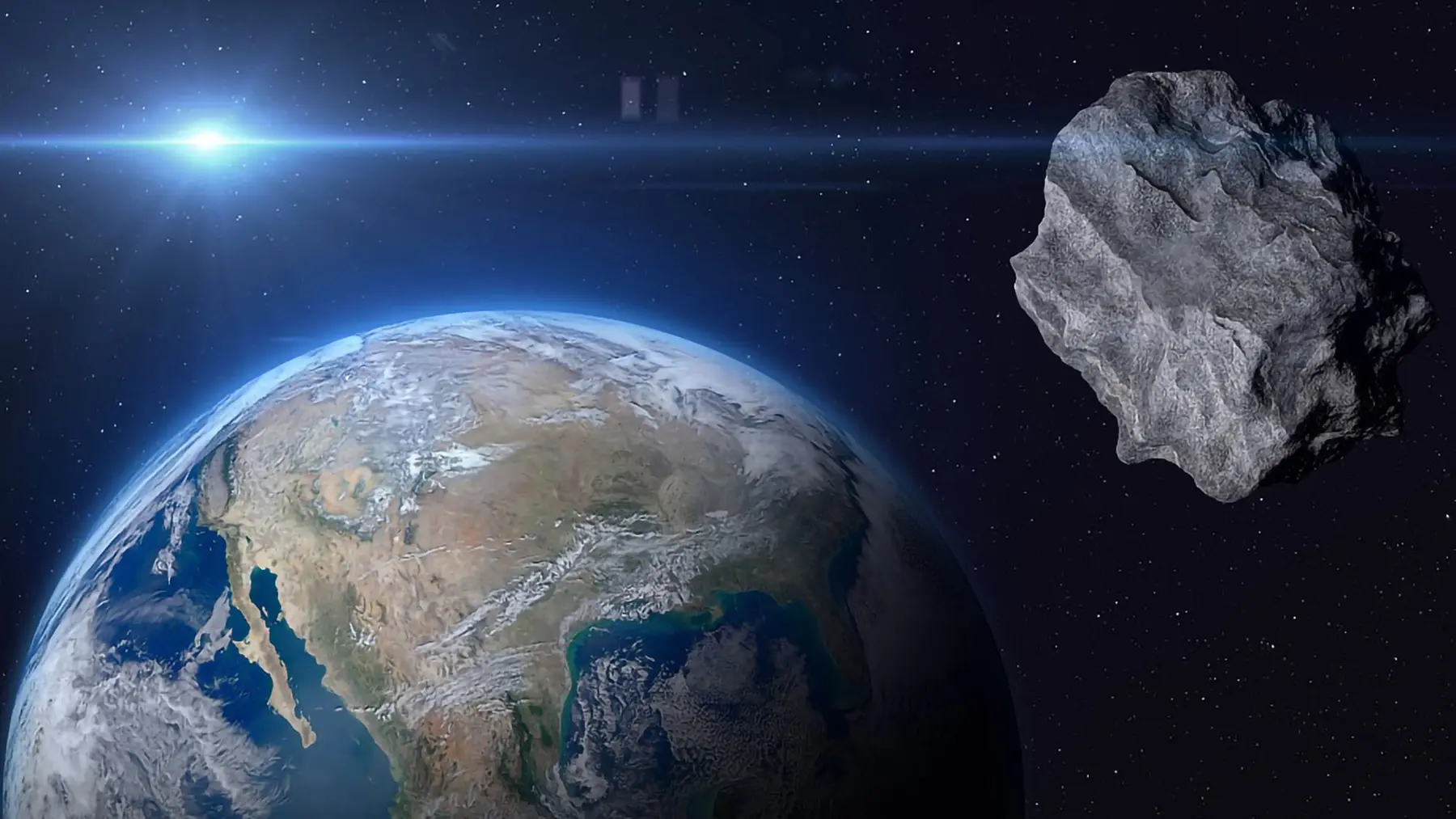
The UN-mandated Space Mission Planning Advisory Group meets at Politecnico di Milano
09/10/2024
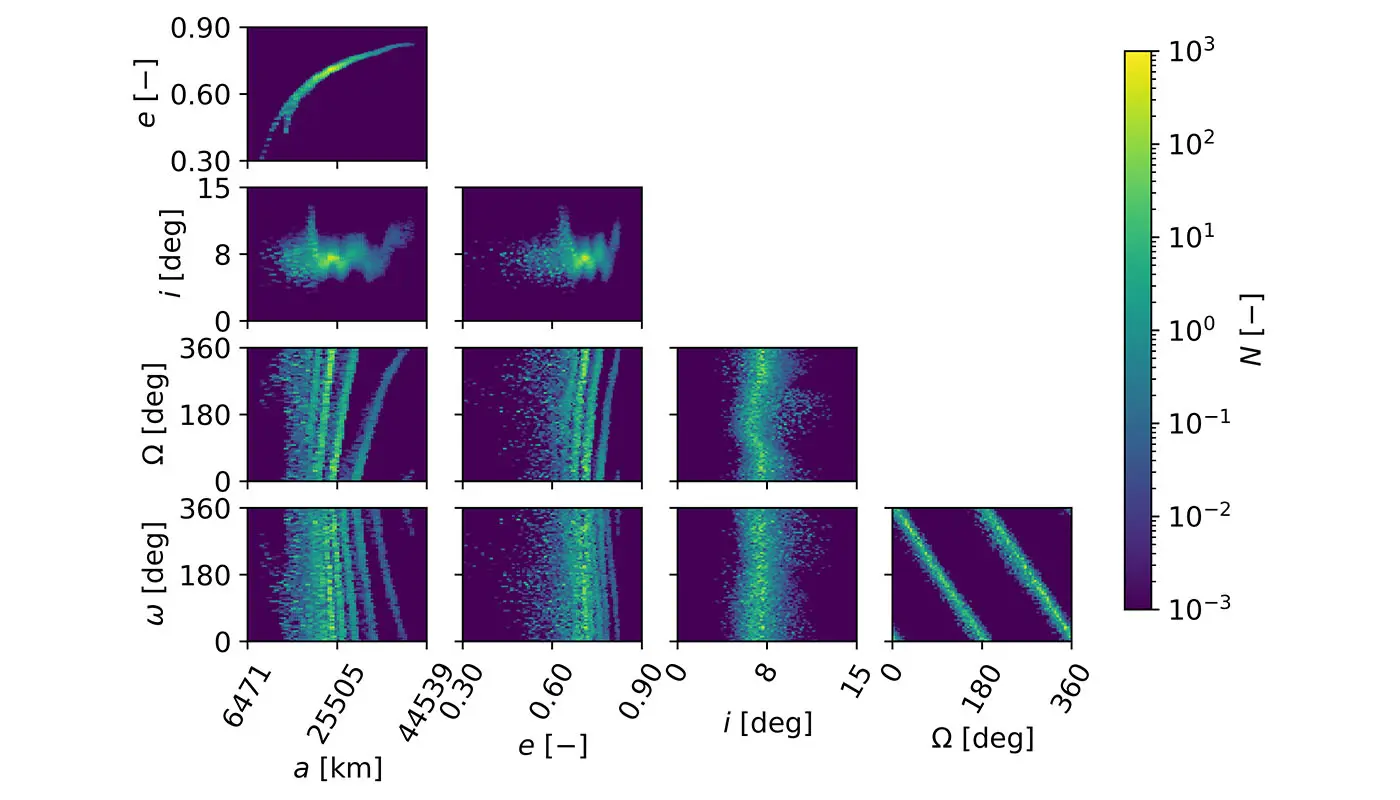
2023 COSPAR OUTSTANDING PAPER AWARD FOR YOUNG SCIENTIST
19/06/2024

Join DAER’s COMPASS and ASTRA Teams at the WIRED Festival
16/06/2024

SPACE BREAK-UP FORENSICS: UNRAVELLING THE SECRETS OF EXPLOSIONS AND COLLISIONS IN SPACE
22/04/2024
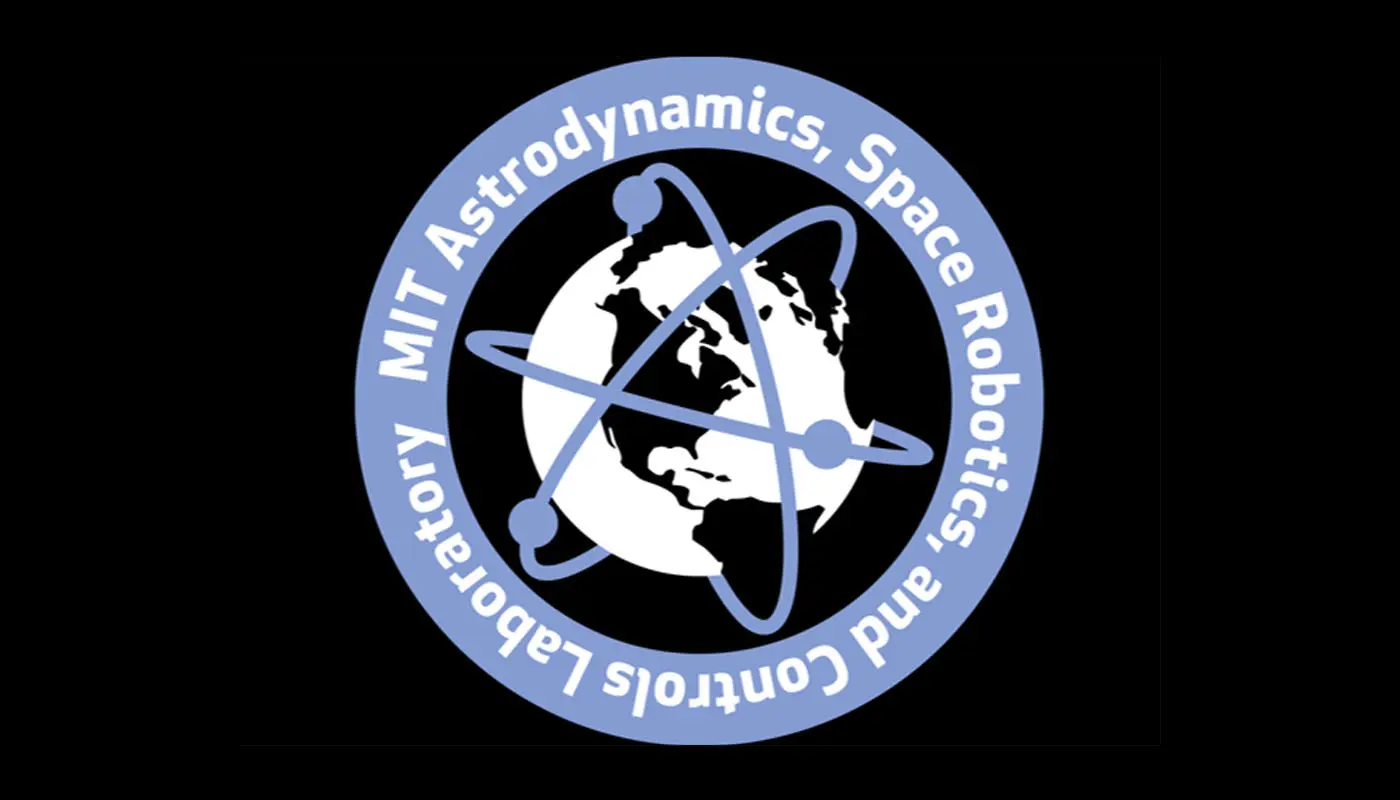
AI TECHNOLOGIES AND SIMULATION TOOLS FOR SSA - SPACE SUSTAINABILITY AND POLICY
22/01/2024
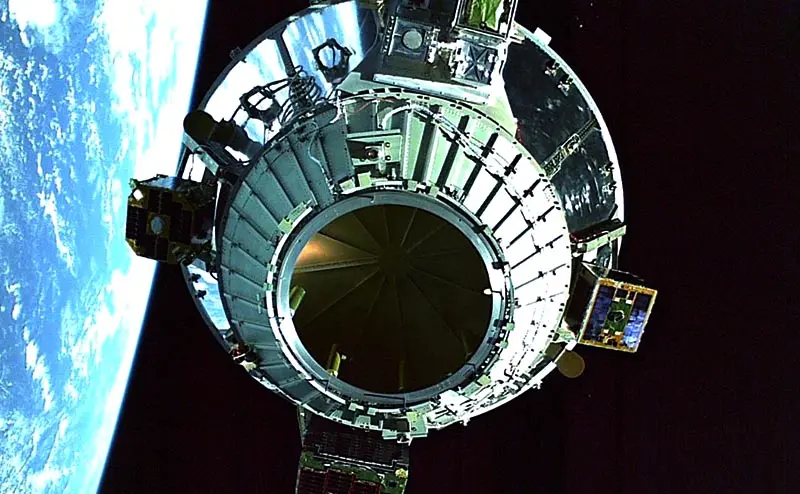
RENDEZVOUS TRAJECTORY OPTIMIZATION CONSIDERING RELATIVE NAVIGATION ERROR
06/12/2023
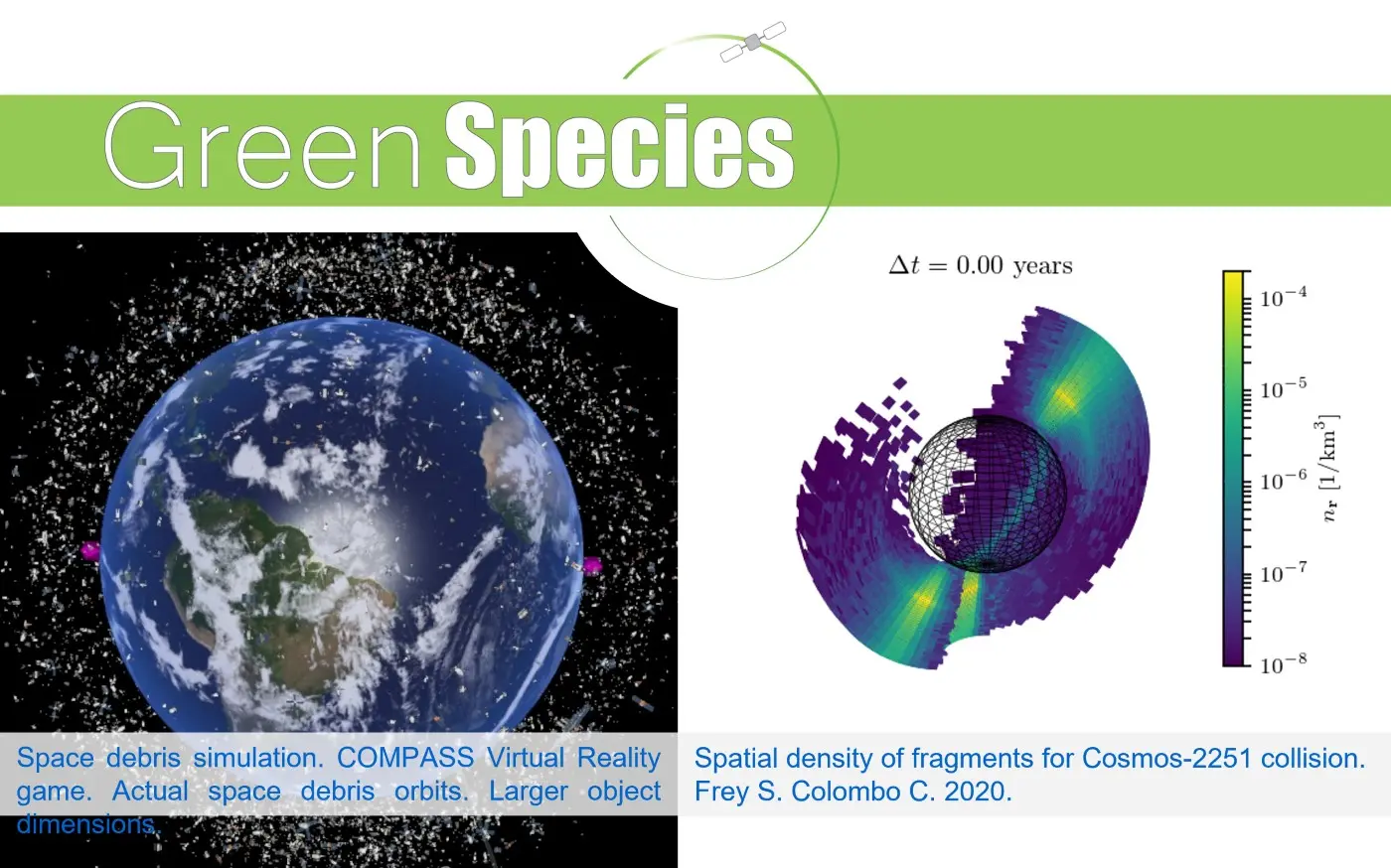
GREEN SPECIES: CAMILLA COLOMBO OBTAINS AN ERC CONSOLIDATOR GRANT
01/02/2023
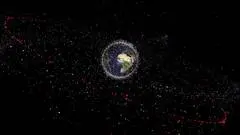
SPACE DEBRIS: STATUS OF THE ENVIRONMENT & MITIGATION MEASURES
16/12/2020